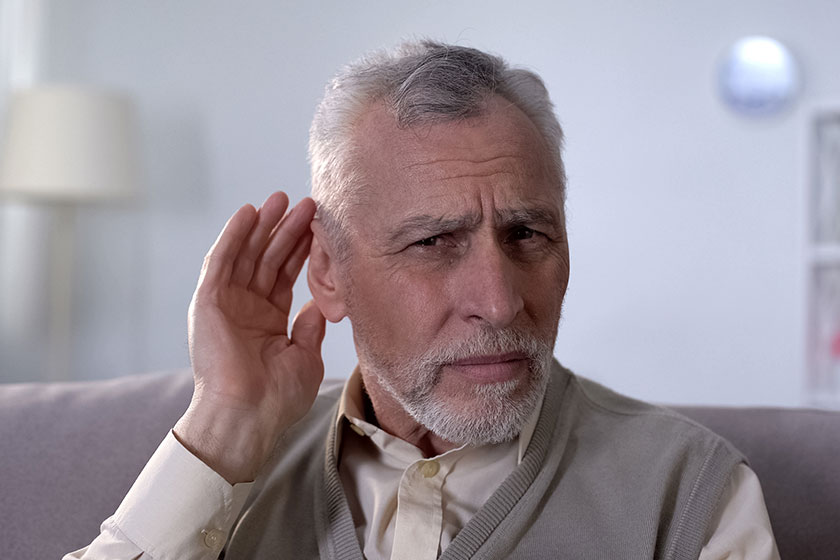If you have an elderly relative, you may have observed that they have problems hearing you at times. Or maybe you have come to the realization that sometimes you are the one who needs to ask, “What?” This kind of thing happens all the time. To put it simply, the problem may just be that you are attempting to have a conversation in a very noisy environment. However, these problems often signal that an older person or even a middle-aged person might be suffering from hearing loss that is getting increasingly worse. Here is what you need to know about hearing loss and aging.
Hearing Loss and Aging: Things to Know
- Do Not Ignore Hearing Loss
Cognitive performance can suffer with hearing loss. People who have a deterioration in their hearing may also experience a more rapid decline in their cognitive ability. The sooner you work to increase the quality of the auditory input reaching the brain, the better off the brain will be. Improved social life, workplace harmony, personal security, and other benefits result from this as well. When a person has hearing loss, those around them may withdraw because they get tired of making accommodations for them. It is not uncommon for partners to feel overwhelmed by frustration too.
- Do Not Depend on Your Doctor to Initiate Hearing Loss Evaluation
Previous studies have shown that primary care providers frequently overlook patients’ concerns about hearing loss. Patients and their loved ones should be proactive in bringing up hearing loss and requesting healthcare practitioners to recommend suitable treatments. You should advise your parents or another elderly relative to see a doctor if they are having trouble hearing.
- Do Not Just Consider Hearing Aids
Although hearing aids have helped many people, not everyone is suitable. That is because a person has to put in some work having them calibrated and letting the brain learn to work with them before they can help with hearing. They are substantially more labor intensive than regular eyewear. The effort required to adjust to hearing aids may be too much for people with cognitive impairments or profound hearing loss. It is important to keep your hearing aids in good condition too. Batteries dying, losing track of, or needing to be adjusted, these devices may be too much for some older adults to handle.
- Hearing Loss in Old Age Causes Sound Distortions
This is the reason why older adults with hearing loss often claim that they can indeed still hear. However, they have difficulty hearing at specific speech frequencies, which causes them to experience a sound distortion. Distortion, not muffling, is the result of age-related hearing loss, and this is something people need to keep in mind. Because of this, it is not advisable to yell at an elderly person. You will only amplify the distorted sound further. Voices of young children tend to be more higher-pitched. Unless the hearing loss is treated, they can be challenging for the elderly to understand. Always consult your doctor as soon as possible to tackle your loved one’s hearing loss issue from its root before further deterioration.







